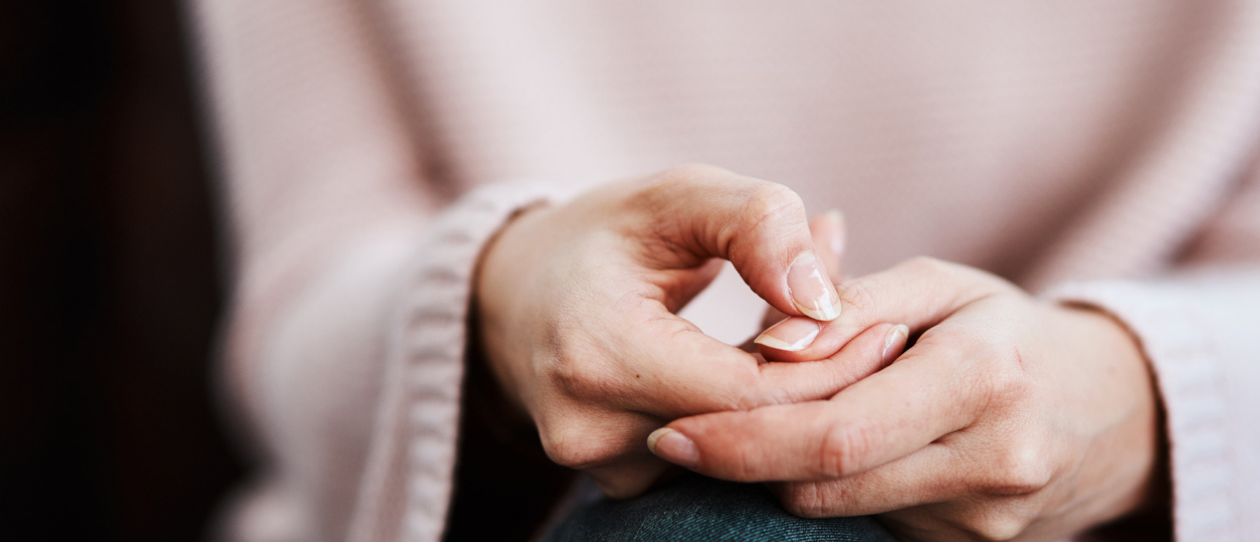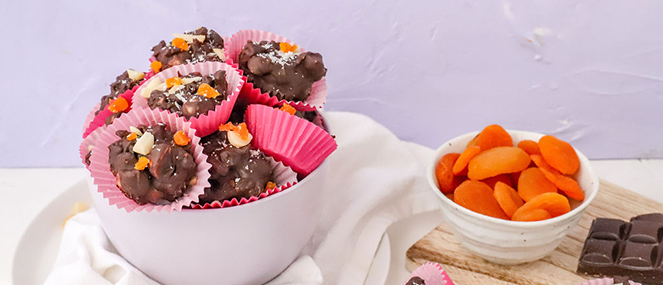We all experience feelings of mild anxiety from time to time. Feeling some anxiety is part of being human, as the body’s physical response to a genuine or perceived threat. While we can all expect to feel mild anxiety every now and then, some of us can feel that way all the time.
Symptoms of mild anxiety
Nervous tension
Restlessness
Sleeplessness
Changes in bowel habits
Causes of anxiety
It’s not fully understood why some people are affected by anxiety to the point that it interferes with their day-to-day lives.
Mild anxiety risk factors include:
Stressful events and social pressures. Factors such as job pressure, family pressure, bereavement and the stress of modern-day living may all contribute to, or trigger, anxiety.
Anxiety may also be symptomatic of, or triggered by, certain health problems. This is especially the case where there are hormonal changes such as thyroid problems, pregnancy and giving birth, menopause and premenstrual syndrome.
A personal or family history may predispose some people to anxiety, and similarly, people with certain personality traits (e.g., perfectionism, low self-esteem or needing to be in control) or who have experienced family difficulties during childhood.
Nutritional deficiencies of the B-group vitamins, and the minerals magnesium and zinc may contribute to anxiety.
Lifestyle strategies that may help
There are a variety of treatments that may help manage the symptoms of mild anxiety. Lifestyle changes that may be beneficial and effective for managing mild anxiety might include:
Suitable stress-management techniques, like counselling, meditation and yoga.
Avoiding alcohol, nicotine, and recreational drugs, all of which may make anxiety worse.
Cutting back on caffeine, which can also increase anxiety and upset sleep for some people.
Exercising regularly. Physical activity is invaluable in the treatment and management of anxiety. Exercise may increase endorphins which are chemicals produced in the brain that have an effect on lifting the mood.
Using distraction techniques to help you stay present and in the moment, for example counting backwards from 20.
Important notes
Lifestyle changes can be helpful in managing mild stress and anxiety, for support consult your naturopath or other health care professional. Your treatment plan may involve a combination of counselling, nutritional support, herbal medicines and supplementation, as well as changes to your diet, lifestyle and exercise routine.







